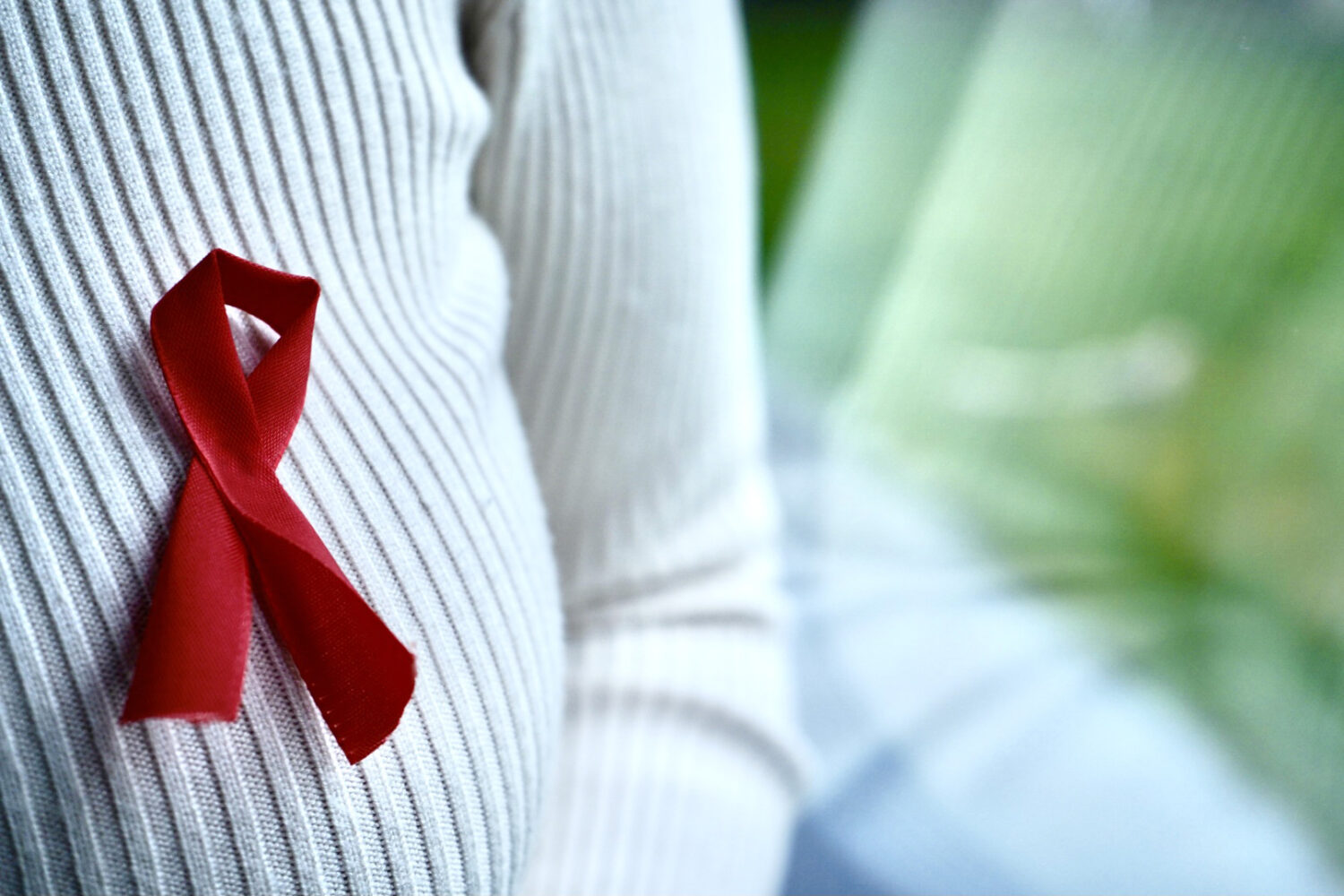
World AIDS Day: a day of international solidarity
Every year on December 1st, people around the world commemorate World AIDS Day. Nowadays this is one of the most well-known international health days, providing an important chance to raise awareness, remember those who have died, and celebrate the many accomplishments made. ‘People living with HIV often suffer more from stigma and taboo than from the virus itself’, says Leen De Schutter from Sensoa Positive, the Flemish Centre for Expertise on Sexual Health.
This year is extra important, considering it has been 40 years since the first reports on what is now known as AIDS came in in 1981. Since 2010, the number of people globally who have died of the effects following AIDS has decreased from 1.2 million to 690,000. Today there are still around 38 million people worldwide, living with HIV.
Our reporters talked to Leen De Schutter to gather more information on the subject.
How would you best describe HIV and AIDS?
‘HIV is a virus located inside of your blood. When said virus is activated, it destroys your immune cells, specifically your white blood cells. If left untreated, it will eventually get rid of all white blood cells, causing you to get sick. AIDS is simply the result of an untreated HIV infection and can be fatal.’
How are things today?
‘In today’s world, AIDS is not as present anymore. People living with HIV are monitored and receive medication. They live normal lives, can have children, and get married. The medical world has evolved significantly, to the point where if people take their medication, it suppresses the virus. This means they can no longer pass it on to others, not even through sex.’
What is the purpose of World Aids Day?
‘With World AIDS Day, the goal is to break the stigma. This year marks 40 years of knowledge about AIDS. In 1981, the first person was diagnosed with AIDS, at the time there was no medication to prevent or stabilize it. In the 80s and 90s, the news caused a lot of discrimination. This is exactly why we think it’s still important to spread awareness. International solidarity is key. In Belgium, you can simply go to the doctor and get your medication. The means and possibilities are there to stop AIDS and HIV. But in poor countries, there are still many people who do not have access to the proper medication and information.’
What do you think is important?
‘Sensoa advocates healthy and good sex. First of all, it is important that everyone who has sex should be well aware of what this means to them. Healthy sex is more than avoiding STIs and making sure it’s pleasurable enough for you. Everyone should know how best to protect themselves and what safe sex is. What our organization finds important is that people learn more about HIV. There is still too much fear and taboo surrounding the subject.’
What is the biggest problem for people with HIV?
‘People living with HIV often suffer more from stigma and taboo than from the virus itself. Unfortunately, we know from research that there is still a lot of prejudice surrounding HIV, for example in healthcare. More than 40% of people living with HIV say that they have had an unpleasant experience in a care setting. This is not a reaction out of professionalism, but out of ignorance. People react purely out of fear. It is important that in the year 2021 people are well informed about what living with HIV is. It’s a chronic illness and people who live with it try very hard to take their medication every day. You shouldn’t react differently at all, because that’s what bothers those people.’
Despite the 40 years of knowledge and medical improvements surrounding HIV, it is important that people know what it is and that the stigma disappears. The most crucial statements according to Leen De Schutter: ‘ Knowledge of HIV, but also about good relationships and sex, act normal when you meet people living with HIV, know that AIDS is still a very big problem internationally because HIV medication is not available everywhere.’
For more information, please visit the Sensoa website.
Text: Charlotte Haemels & Kylie Vanderhulst
Photo: © Kylie Vanderhulst
Final editor: Zoë Van Schooten




